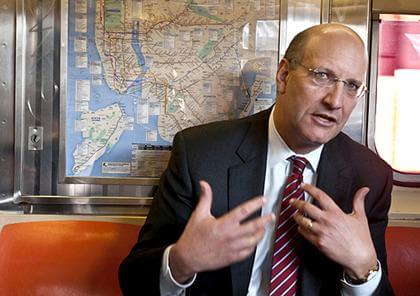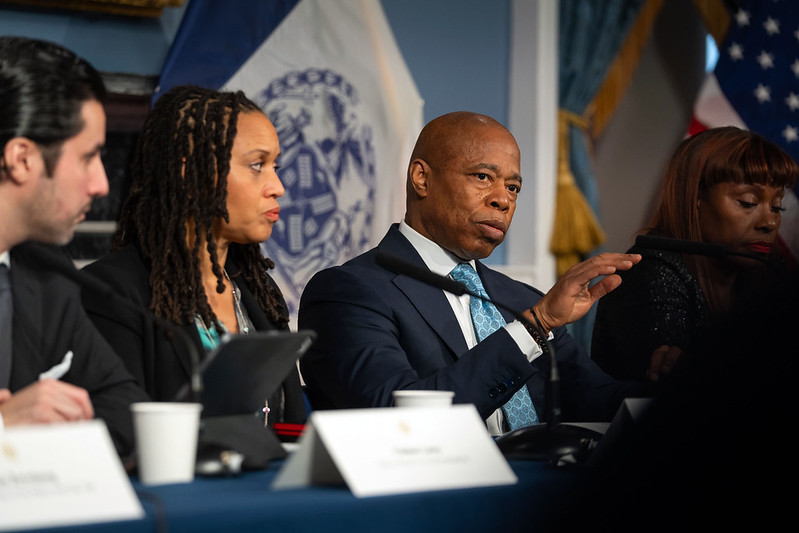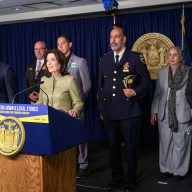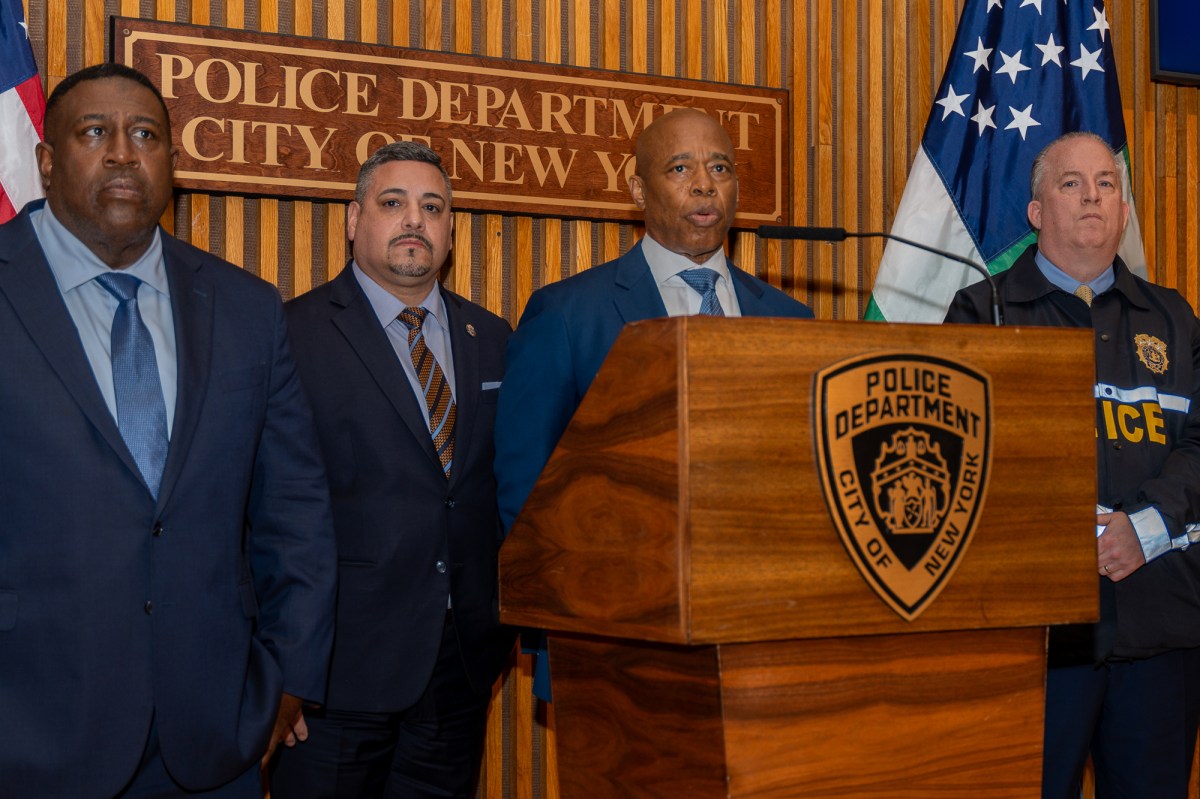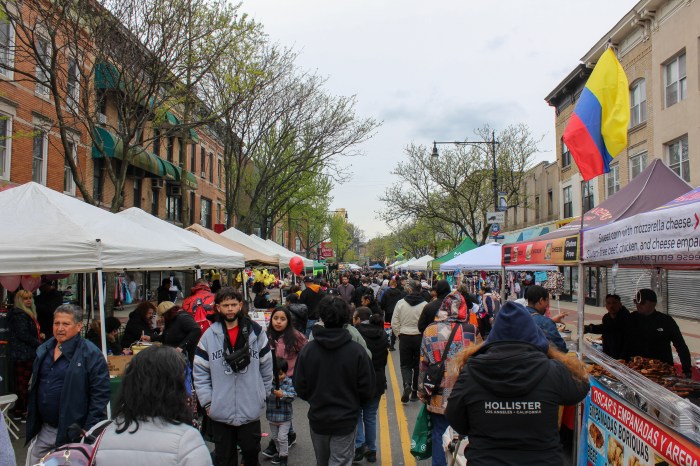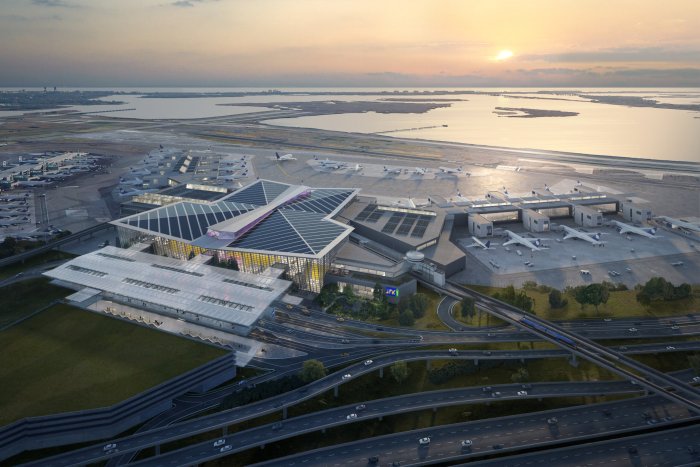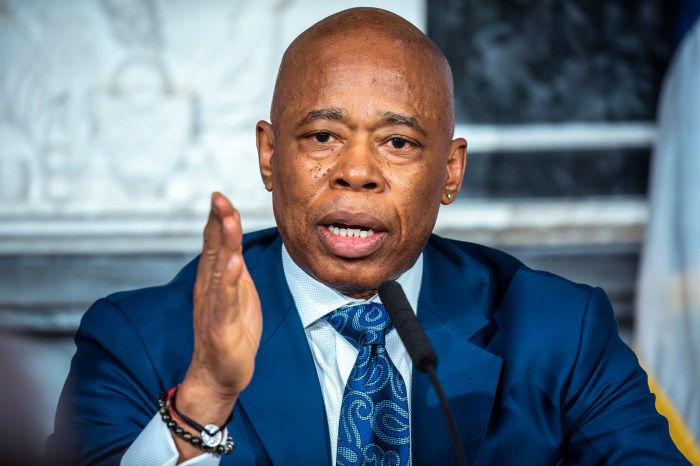By Philip Newman
MTA Chairman Jay Walder said the agency still operates much as it did decades ago and spends too much money ineffectively while “buses still crawl through traffic,” but he pledged to make changes for the better.
Walder said the Metropolitan Transportation Authority had made “enormous” improvements in the city transit system over the past 25 years “when graffiti-covered subway trains were a symbol of urban decay,” but since then the agency had “fallen behind other transit systems around the world.”
“When I started in October, I expected this report to talk about plans for finally starting to catch up with the rest of the world, and it does,” Walder said. “But I barely had my feet on the ground when the state’s economic crisis hit the MTA hard,” Walder said in his first 100 days on-the-job report. It was first presented before the Association for a Better New York.
“It’s clear that my first priority right now must be to attack the MTA’s cost structure and ensure that we are using every dollar effectively,” Walder said. “At the same time we must find affordable ways of improving service for our customers, who have been waiting far too long.”
“Unfortunately, some things at the MTA have not changed, ” Walder said. “Buses still crawl in city traffic. Information is still hard to find or understand. Toll plazas still back up and how the MTA does business has not substantially changed since it was formed in 1968.”
“Now my first priority is a top-to-bottom overhaul of the way the MTA does business,” Walder said. “We will do what every business has had to do to survive. We will examine every aspect of our operation to discover better and less expensive ways to do essential work.”
Walder said the MTA is the product of mergers between dozens of former transportation companies, but steps were never taken to eliminate redundancies and save money.
For instance, Walder said, the MTA has 92 different telephone numbers members of the public can call for information.
“Too many MTA managers oversee too few employees due to previous cost-cutting attempts and almost $500 million is spent annually on overtime,” Walder said.
He said that some work rules limit the MTA’s ability to use new technology or streamline procedures.
Walder said collecting and processing transit fares costs the MTA 15 cents on every dollar, but if the cost could be reduced to 12 cents or 13 cents, “we could save millions of dollars.”
He also said MTA construction projects were costing “between three and six times as much as similar projects in Germany, France and Italy.”
Walder said it was imperative that New York City speed up its bus service.
He said his agency would start this year with a test program to keep bus lanes clear of other vehicles, focusing on six congested corridors in Manhattan, Brooklyn and Queens with the goal of faster service on 50 bus lines.
Walder said the Transit Authority has already begun installing technology in 75 subway stations to inform straphangers when the next train is due.
He announced last week that the MTA Web site — mta.info — which he said was outdated, had been completely overhauled with the addition of all sorts of features, including a new “Plan&Ride” trip planner.
“I grew up here and started my career at the MTA, so I know how fundamental the transit system is to our daily lives,” Walder said. “We have established high goals for the MTA in a difficult time, but we must succeed.”
Walder, 50, took over the MTA Oct. 5 after introducing a number of innovations in the London transit system.
Reach contributing writer Philip Newman by e-mail at timesledgernews@cnglocal.com or phone at 718-229-0300, Ext. 136.

